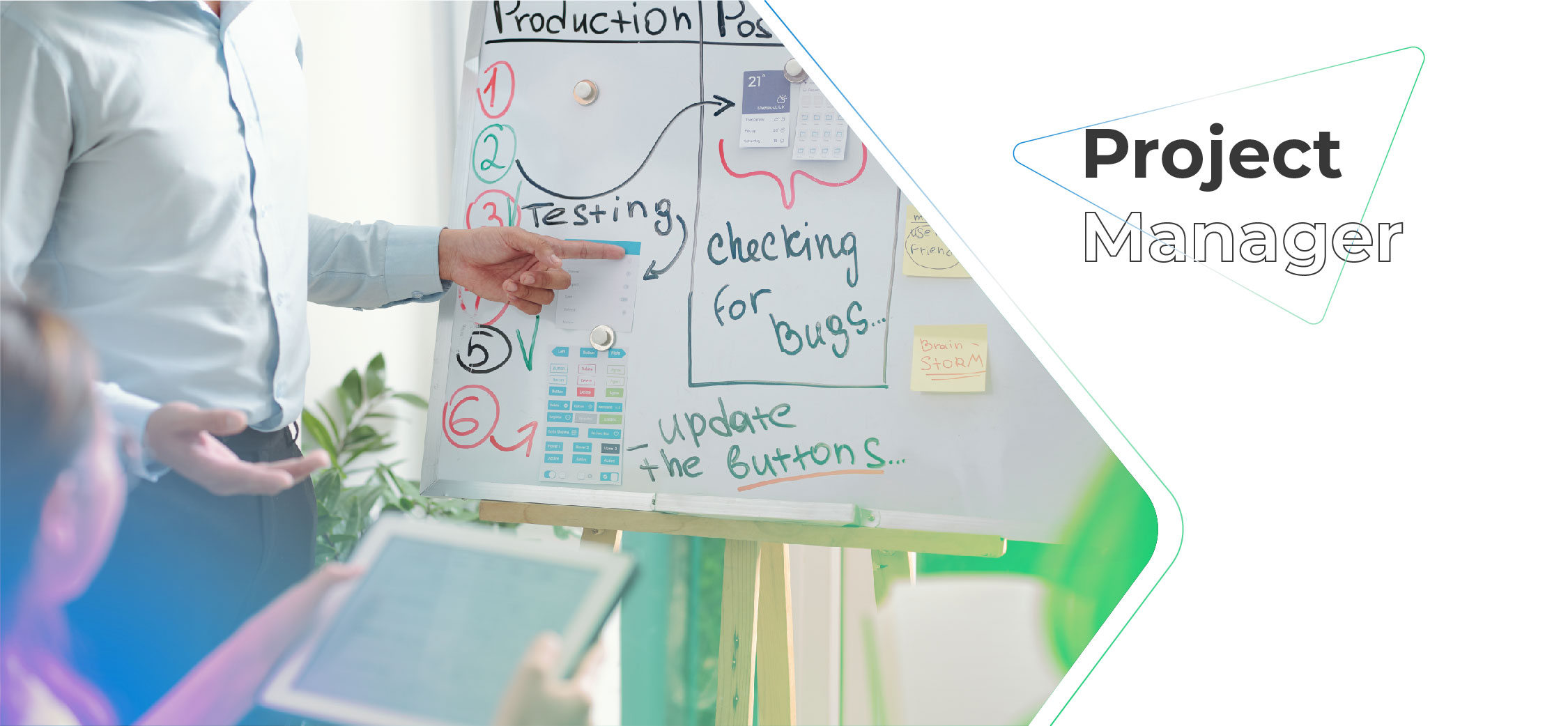Soft Skills for Project Managers that are Important for Team Achievement

A Pulse of the Profession study conducted by the Project Management Institute (PMI) revealed that hard skills are no longer enough for the world of work. For the sustainability of a project, soft skills are as important as hard skills.
What are Soft Skills?
Soft skills or also known as people skills are skills that all job positions must have, especially a leader. Soft skills include good communication skills, building trust, and the ability to solve problems.
PMI has developed the Talent Triangle, which is a model of the ideal project manager skill set, including hard skills and soft skills. It focuses on the areas of leadership, technical project manager, as well as strategic and business management. Each part is as important as the others.
Important Soft Skills for a Project Manager
In general, a project manager has a role according to the title given to that role. In the course of a project, someone is needed who can manage everything related to the delegation of tasks to the team. Here are some important soft skills that project managers must have:
1. Leadership
According to the Pulse of the Profession survey, 32% of project managers consider soft skills and leadership to be a high priority. As a leader, it is important to understand how teams work best.
Before working on a project, the project manager must be able to assign tasks based on the abilities of each member. Apart from that, he must also convey goals that can be understood by everyone on the team.
2. Motivation
Everyone has motivation, and as a manager, it is important to understand the motivation of each team member. Rather than just expecting team members to carry out tasks, listening and providing input to team members allows teams to progress further.
3. Communication
Communicating both ways clearly and openly is a must, but remember that this communication must go both ways. Open and honest communication from leaders can generate communication and trust in all team members. A good project manager is one who can make team members feel comfortable talking about their concerns, problems, and can also accept their suggestions.
Not only team members, good listening skills also enable project managers to engage better with clients. Therefore, mastering these soft skills can create a sense of mutual trust between all parties involved.
4. Conflict Management
Problems are inevitable, especially when taking care of a large group. Disputes usually stem from competition, systems that don't work well, misunderstandings, personal values, and unclear requirements. When executed well, problem solving can unite members so they are more focused on achieving goals.
5. Trust-Building
A good project manager should also be transparent when making decisions. Apart from that, he must involve team members in the decision-making process and be interested in the development of each team member.
Team members can thrive when they have trust in each other. Mutual trust convinces a group of a given task. With their abilities, they can provide input to each other and can create a sense of trust between team members.
6. Decision making
During the decision-making process, managers must consider the impact of the decision. Usually, team members tend to trust a project manager who can make the right decisions, explain the problem well, find a solution, calculate the advantages and disadvantages of various options, and can unite people to work out a solution.
7. Organizational skills
One of the main reasons companies look for project managers is to find someone who can coordinate across sectors. A good candidate is one who can multitask, carry out work plans, achieve goals, make decisions, and ensure accountability.
8. Time management
Work completed later than the deadline can cause anxiety. Because, many people consider work to be the most important thing in their life. Therefore, a project manager who can manage time is very important. You can get the qualities of a good project manager by carrying out directions regarding duties and responsibilities. Apart from that, prasmul-elii's Practical Soft Skills in Business can also offer good training for managing a team with satisfactory project achievements.


